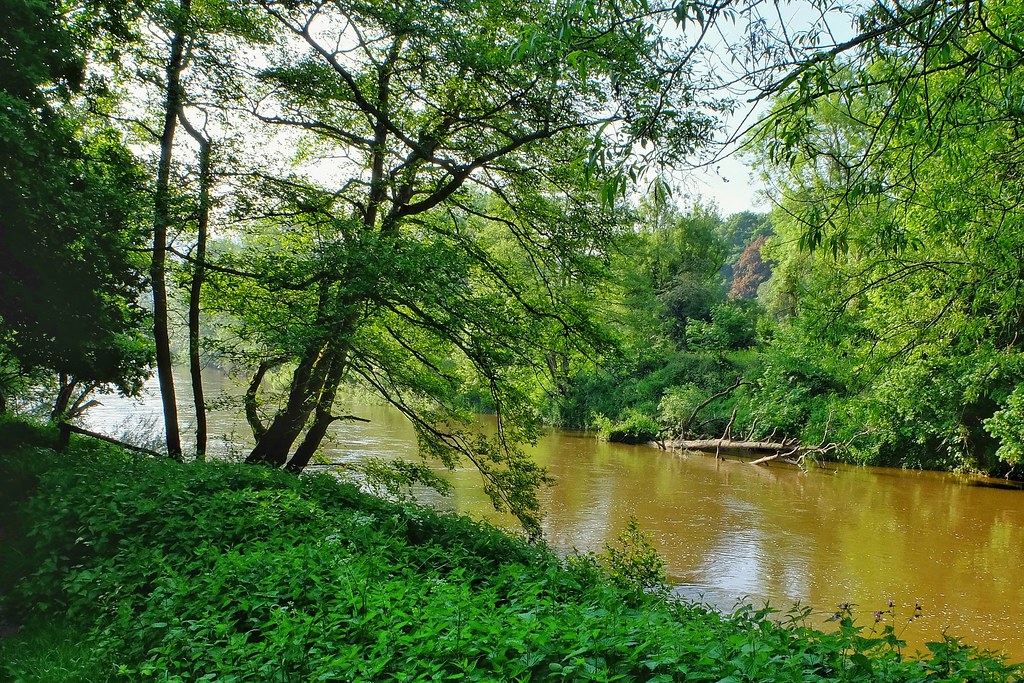The rivers within the Welsh Government’s Special Areas of Conservation (SAC) are home to diverse ecosystems and play a crucial role in our communities. However, according to Natural Resources Wales, phosphorus pollution poses a significant threat to these valuable waterways, with over 60% of SAC rivers failing phosphate targets. In response to this pressing issue, the Welsh Government has developed an action plan for Wales to address phosphorus pollution, protect water quality, and enable responsible development. This article highlights the key initiatives undertaken in Wales to tackle phosphorus pollution and safeguard the health of our rivers.
Governance and oversight: recognising the need for a coordinated approach, the Welsh Government has established Nutrient Management Boards/Catchment Partnerships, supported by revenue funding, to ensure effective governance and oversight. Clear directions and Nutrient Management Plan templates will be provided, allowing each board to outline its plan and receive adequate funding. Furthermore, a streamlined governance framework, including the Special Area of Conservation River Oversight Group (SACROG), will provide strategic direction and guidance.
Nature-based solutions: to deliver multiple benefits and comply with environmental legislation, Wales is actively promoting nature-based solutions. These initiatives include enforcing the Control of Agricultural Pollution (CoAP) Regulations, sharing information on wetland schemes, and implementing nature-based flood management in major river catchments. Constructed Wetlands for treatment will be permitted, and research through Environment Platform Wales (EPW) will facilitate knowledge exchange and fill research gaps.
Agricultural solutions: collaborating with the agricultural sector is crucial in finding sustainable solutions to excess nutrients. Farming Connect provides advice and support for farmers to improve water quality, while grants and funding schemes assist in infrastructure improvements related to nutrient management. Agricultural representation in Nutrient Management Boards ensures a balanced approach, and partnerships with farming unions and organisations promote best practices in nutrient management planning.
Addressing planning constraints: to address planning constraints associated with phosphorus pollution, the Welsh Government is taking several actions. Training for local planning authorities on Habitats Regulation Assessment (HRA) and phosphates ensures accurate assessment, while case study workshops review delayed housing schemes. Practical guidance on HRA and phosphates will be provided, and a task and finish group will explore options for temporary private treatment plants. Water discharge permits will be reviewed, and innovative technologies will be considered for real-time river monitoring.
All-Wales nutrient calculator: the development of an all-Wales nutrient calculator is a priority to aid planning decisions on nutrient neutrality. The Welsh Government will appoint a contractor to create the calculator, ensuring its suitability for use by all Local Planning Authorities (LPAs) in Wales. Endorsement and promotion of the calculator will facilitate its widespread adoption.
Mitigation actions: to reduce pollution effectively, a menu of mitigating measures will be published, providing stakeholders with clarity on suitable interventions. Collaboration through the Wales Land Management Forum (WLMF) sub-group on agricultural pollution will tackle agricultural pollution, implementing measures under the CoAP Regulations.
Catchment consenting and nutrient trading: a unified approach to catchment consenting and exploring nutrient trading options is essential. A policy and regulatory framework supporting catchment permitting approaches will be mapped out. Feasibility studies on nutrient trading will be conducted, and regulatory changes will be considered, enabling sustainable nutrient management.
In conclusion, the Welsh Government’s comprehensive action plan on phosphorus pollution in SAC rivers demonstrates a commitment to preserving the ecological health of Welsh waterways and supporting responsible development. Through governance, nature-based solutions, collaboration with the agricultural sector, addressing planning constraints, the development of an all-Wales nutrient calculator, mitigation actions, catchment consenting, and exploring nutrient trading, Wales is paving the way for a sustainable future with improved water quality.



